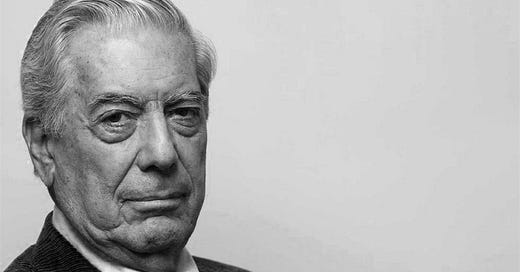Mario Vargas Llosa Passed Away on April 14, 2025
Its reason for being is to enrich the entirety of human life—a life that cannot be dismembered, dissected, or reduced to a set of general theories or formulas
By Gama
Reading great literature is undoubtedly a source of deep pleasure, but at the same time, it teaches us who we are and how we are—our shared humanity and our human flaws, our actions, dreams, and delusions, our solitude and the relationships that bind us, our social image and the quiet solitude of our conscience.
This complex interplay of contradictory truths—to borrow a phrase from Isaiah Berlin—is, in fact, the very essence of the human condition. In today’s world, the only path leading us to an understanding of our full humanity lies within literature. This unifying vision—this encompassing voice—can no longer be found in philosophy, nor in history, nor in art, and certainly not in the social sciences.
These, too, have long surrendered to the fragmentation of knowledge, having morphed into technical, isolated domains whose discourses and terminologies are inaccessible to ordinary men and women. Some critics have even gone so far as to suggest that literature, too, should become a kind of science.
But this is a futile illusion, for fiction was never meant to explore only one narrow slice of human experience. Its reason for being is to enrich the entirety of human life—a life that cannot be dismembered, dissected, or reduced to a set of general theories or formulas. That is the true meaning of what Proust said: “The only true life, the life finally uncovered and illuminated, the only life fully lived, is literature.”
Proust was not exaggerating, nor was this merely the product of his love for his craft. He was asserting that life is better understood and better lived in the light of literature—and that life must be shared with others if it is to be truly and fully lived.
Why Literature? | Mario Vargas Llosa
Translated by: Abdullah Kowsari | lohefekr





